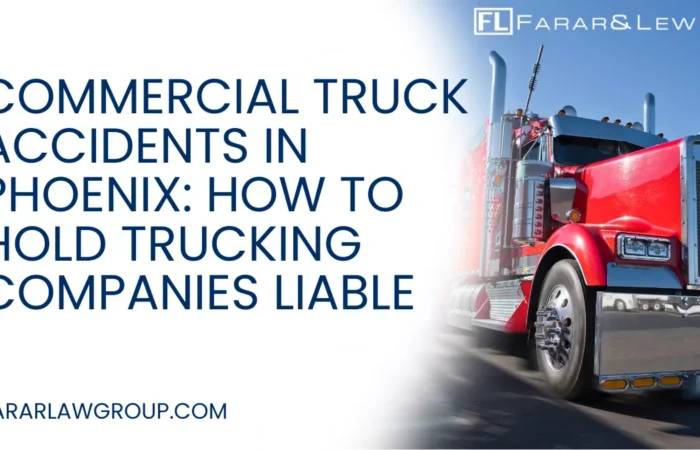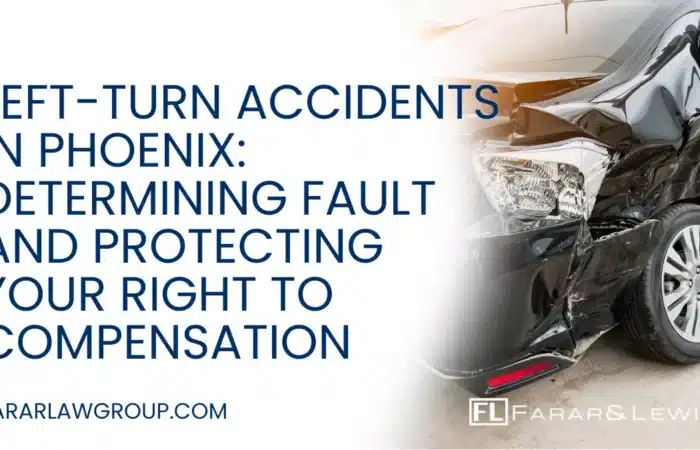No one likes to believe that a death can happen at the workplace. Unfortunately, fatal accidents can happen on the job. If you’ve recently lost a spouse or other loved one because of an accident that happened at work, you’re probably wondering what kind of assistance you may be able to receive.
Workers’ compensation insurance is primarily designed to help individuals when they are injured at work. However, in the event that an employee passes away because of a work-related accident or injury, workers’ compensation can provide the family with benefits and financial assistance.
How Does Workers’ Compensation Help After a Death?
Losing a loved one is never easy on a family. When that loved one passes away unexpectedly, it can be even more tragic. To help you and your family get back on your feet financially, the employer’s workers’ compensation insurance should provide some assistance.
If there are eligible dependents for the employee, they will be able to receive survivor benefits. Survivor benefits are typically for 500 weeks, which comes to just over nine and a half years. The benefits that each dependent will receive will depends what state you live in.
In order to receive compensation from workers’ compensation after a death, dependents must prove that the deceased was a major provider for the family. Whether the family was fully dependent on the individual or partially dependent on the individual will also influence how much money is received.
The age and capacity of any children will also determine the amount of compensation received. If children are under the age of 16, they are automatically assumed to be dependent and can receive compensation for 500 weeks. If children are over 16, they must prove dependence unless they are physically or mentally unable to work for themselves.
A workers’ compensation attorney can help you determine how much money you and your family will qualify for.
What Does Workers’ Compensation Cover after a Death?
The money you receive from workers’ compensation when there is a death is frequently provided to help dependent families stay on their feet financially. If the family relied on the income the deceased individual was bringing in, then workers’ compensation would provide them with assistance.
Workers’ compensation should also cover funeral and burial expenses. When calculating these expenses, you will want to consider all items that went into the planning of the funeral.
If the individual had medical bills before they passed away, those expenses can also be covered in a workers’ compensation claim. Any additional expenses related to those medical bills, such as an ambulance ride or medications, can also be covered under workers’ compensation.
It is important to note that workers’ compensation does not typically give financial assistance for pain and suffering in the event that the employee passes away. To ensure that you cannot receive additional compensation because of your family’s pain and suffering, you will want to speak with your workers’ compensation attorney.
Can You Sue the Employer?
If you believe that the employer was reckless or that the accident was intentional, you do have the right to sue the employer for the death of your loved one. However, if you choose to sue the employer, you will not be able to receive financial assistance from workers’ compensation.
Proving that the employer was reckless or that the accident was intentional can be extremely difficult. In a workers’ compensation case, you must prove that the employer was negligent and that the negligence led to the fatal accident. To sue for recklessness or intent, you must prove much more. However, if you believe that you have the evidence to prove it in court, you may receive more compensation.
Before making any decisions, you should talk with a workers’ compensation attorney about your situation and the circumstances surrounding the death of your loved one. Because each case is different, a workers’ compensation attorney can help you determine the best steps for you and your family.
Losing a loved one to an avoidable mistake is never easy. Workers’ compensation is not able to bring your loved one back to you, but it can help you stay financially stable while you grieve.


